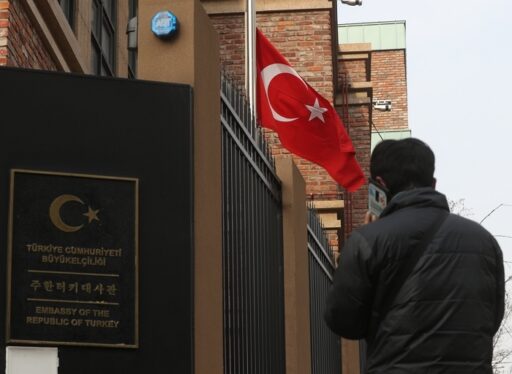Diplomat from Turkey's Embassy in South Korea Refuses Alcohol Test Citing Diplomatic Immunity After Hit-and-Run Incident
On the 5th, the Namdaemun Police Station in Seoul announced that a diplomat identified as A from the Turkish Embassy in South Korea has been charged with hit-and-run and refusal of an alcohol test under the Road Traffic Act.
On the morning of the 3rd, around 1 AM, this diplomat is suspected of having left the scene after being involved in a minor collision with a taxi near the Yeomcheon Bridge close to Seoul Station.

The incident didn't stop there. It has been reported that A assaulted the taxi driver who was pursuing him and refused the police's request for an alcohol test on two occasions. There is controversy surrounding attempts to evade legal responsibility by citing diplomatic immunity.
Limits and Scope of Diplomatic Immunity and Legal Proceedings
Diplomats have the privilege of being exempt from arrest, detention, and criminal prosecution for crimes committed in the host country, according to the Vienna Convention. If A refuses to waive this immunity, it is highly likely that this incident will be concluded with 'no prosecution'.
In response to News1’s inquiry about whether the parties involved plan to cooperate with the police investigation, an official from the Turkish Embassy stated, "We cannot disclose any details related to the case as per the Vienna Convention." This effectively suggests the possibility of resolving the matter through diplomatic channels.
This incident brings to light the scope and limits of diplomatic immunity, as well as the responsibilities of diplomats in complying with everyday legal norms such as traffic regulations.

Image source: Reference photo for understanding the article / gettyimagesbank, Turkish Embassy / News1


